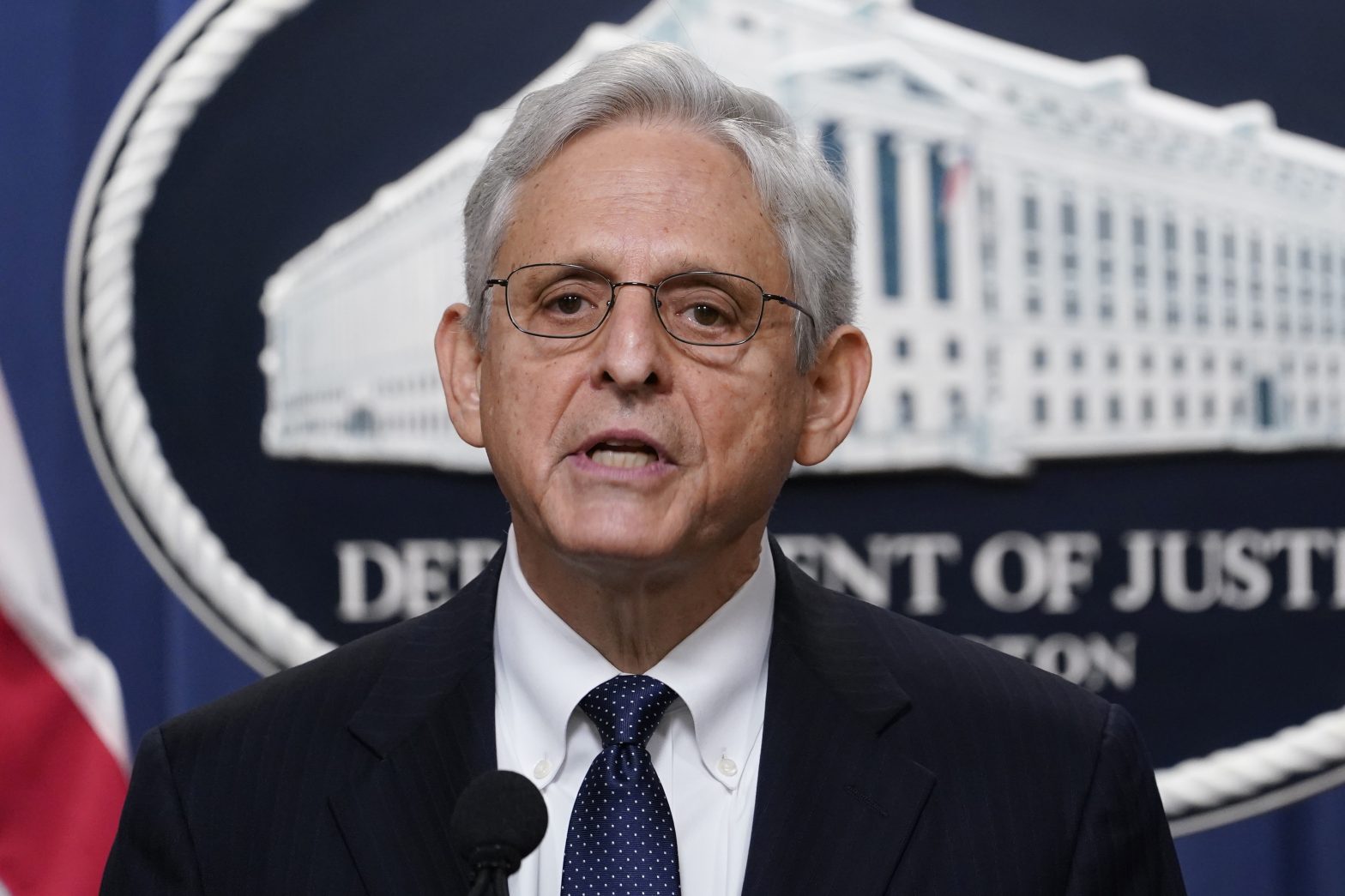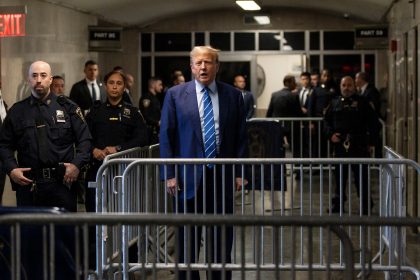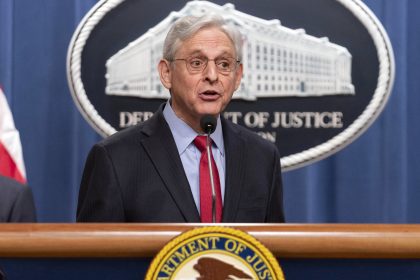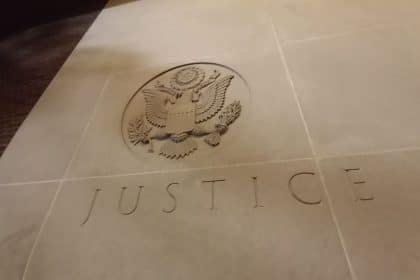DOJ Asks 11th Circuit to Toss Special Master in Mar-a-Lago Docs Case

WASHINGTON — The Justice Department on Friday asked the 11th Circuit to overturn a lower court decision to appoint a special master to review a slew of documents seized from former President Donald Trump’s home.
The filing comes a day after the U.S. Supreme Court declined to get involved in the case.
In a 67-page filing, the Justice Department argues U.S. District Judge Aileen Cannon, a Trump appointee, was out of bounds on multiple grounds when she named Raymond Dearie, a federal judge based in Brooklyn, New York, to serve as independent arbiter of records seized by the FBI at Mar-a-Lago.
Cannon tasked Dearie with ruling whether any of the documents seized during the August search are privileged — either due to attorney-client confidentiality or through a legal principle called executive privilege — and should be off limits to federal investigators.
Calling Cannon’s order “unprecedented,” the DOJ said the appointment of the special master unnecessarily restricted “an ongoing criminal investigation by prohibiting the executive branch from reviewing and using evidence — including highly classified government records — recovered in a court-authorized search.”
The DOJ goes on to say that during its investigation it followed the procedural rules leading up to what amounted to a raid on Trump’s home to the letter.
“A magistrate judge found probable cause to believe that a search of plaintiff’s premises would uncover evidence of crimes, including the unauthorized retention of national defense information and obstruction of justice,” the filing says.
“The government executed its search in accordance with filter procedures approved by the magistrate judge to ensure protection of any materials that might be subject to attorney-client privilege. The search recovered, among other evidence, roughly 100 documents bearing classification markings, including markings reflecting the highest classification levels and extremely restricted distribution.”
Trump initiated a civil action requesting the appointment of a special master two weeks later, asking that the individual chosen review claims of attorney-client and executive privilege.
Trump also asked for an injunction barring the government from further review and use of the seized records in the meantime.
The 11th Circuit has already dispensed with the injunction.
In its filing today, the Justice Department says Trump — or any subject of a federal criminal investigation — has the right to challenge the government’s use of the evidence recovered in a search through ordinary motions once criminal charges are filed.
“Here, however, the district court granted the extraordinary relief plaintiff sought, enjoining further review or use of any seized materials, including those bearing classification markings, ‘for criminal investigative purposes’ pending a special-master review process that will last months.
“This court has already granted the government’s motion to stay that unprecedented order insofar as it relates to the documents bearing classification markings. The court should now reverse the order in its entirety for multiple independent reasons,” the DOJ says.
The filing goes on: “The exercise of equitable jurisdiction over an ongoing criminal investigation is reserved for exceptional circumstances, and plaintiff failed to meet this court’s established standards for exercising that jurisdiction here.
“The district court itself acknowledged that there has been no showing that the government acted in ‘callous disregard’ of plaintiff’s rights. As a panel of this court rightly determined, that by itself ‘is reason enough to conclude that the district court abused its discretion in exercising equitable jurisdiction here.’”
But even if the 11h Circuit were to find Cannon properly exercised jurisdiction, the DOJ argues she “erred in ordering a special-master review for claims of executive and attorney-client privilege and enjoining the government’s use of the seized records in the meantime.”
“Plaintiff [Trump] has no basis to assert executive privilege to preclude review of executive branch documents by ‘the very executive branch in whose name the privilege is invoked,’” the department says.
“Even if such an assertion could be plausible in some circumstances, executive privilege is a qualified privilege that is overcome where, as here, there is a ‘demonstrated, specific need’ for evidence in criminal proceedings.
“And although that conclusion applies to all of the seized records, it is especially true as to the records bearing classification markings because those records are central to — indeed, the very objects of — the government’s ongoing criminal investigation,” the filing says.
The department goes on to note that Trump has failed to assert a claim of personal attorney-client privilege that would justify the district court’s order.
“He has no plausible claim of such a privilege with respect to the records bearing classification markings or any other government documents related to his official duties,” the department says. “And neither plaintiff nor the district court demonstrated why the filter procedures here were insufficient to protect any potential claims of personal privilege with respect to any remaining documents. The court should therefore reverse the district court’s injunction and end the special master’s review.”
Dan can be reached at [email protected] and @DanMcCue























